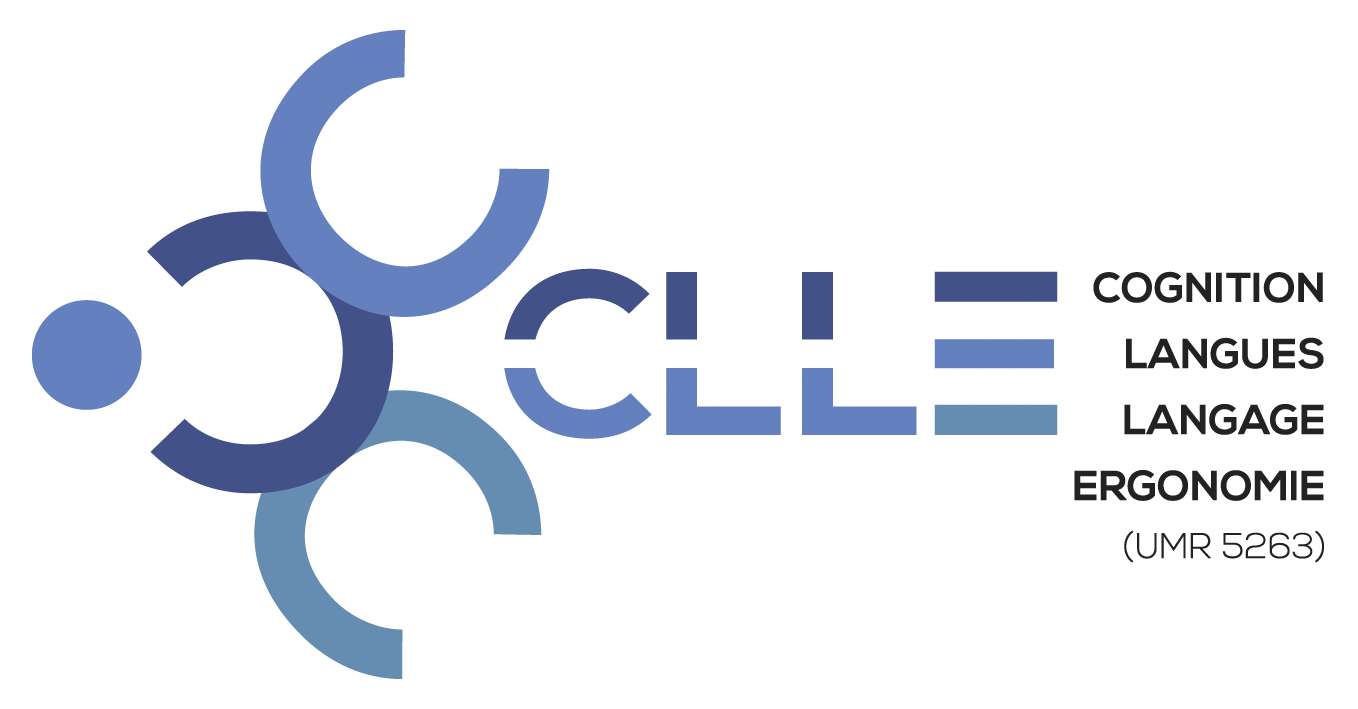-
Partager cette page
A formal distributional semantics for cognitively-plausible reference acts
Publié le 8 janvier 2018 – Mis à jour le 2 mai 2018
le 3 mai 2018
14h-16h
IRIT - salle des thèses, campus Paul SabatierAurélie Herbelot, Universitat Pompeu Fabra, Barcelona - Séminaire CLLE-ERSS
Reference -- the ability to talk *about* things -- is one of the most fundamental functions of language. This function is well accounted for in formal semantics, via the classic notions of extension, intension and truth value. The standard formal apparatus is however difficult to transfer to a realistic and cognitively-plausible speaker setup, where models and denotation functions are not shared amongst individuals. In this talk, I propose a hybrid semantic formalisation drawing from set theory and distributional semantics. The set-theoretic aspects of this formalisation retain part of the standard notion of reference, whilst its distributional aspects account for model learnability and thus, speaker differences. I suggest that a combined semantics affords a range of inferences that reconcile standard ideas of denotation with speaker individuality. I then report on a series of experiments that test the learnability of such a formalisation from raw data, showing results on the acquisition of quantified concept-property pairs, the representation of entity vectors, and the acquisition of quantifiers themselves.
The first general part of the talk will address 'speaker-dependent semantics'. In the second part I will describe the models we've been building to learn distributional representations of entities, quantifiers and rare words
The first general part of the talk will address 'speaker-dependent semantics'. In the second part I will describe the models we've been building to learn distributional representations of entities, quantifiers and rare words





